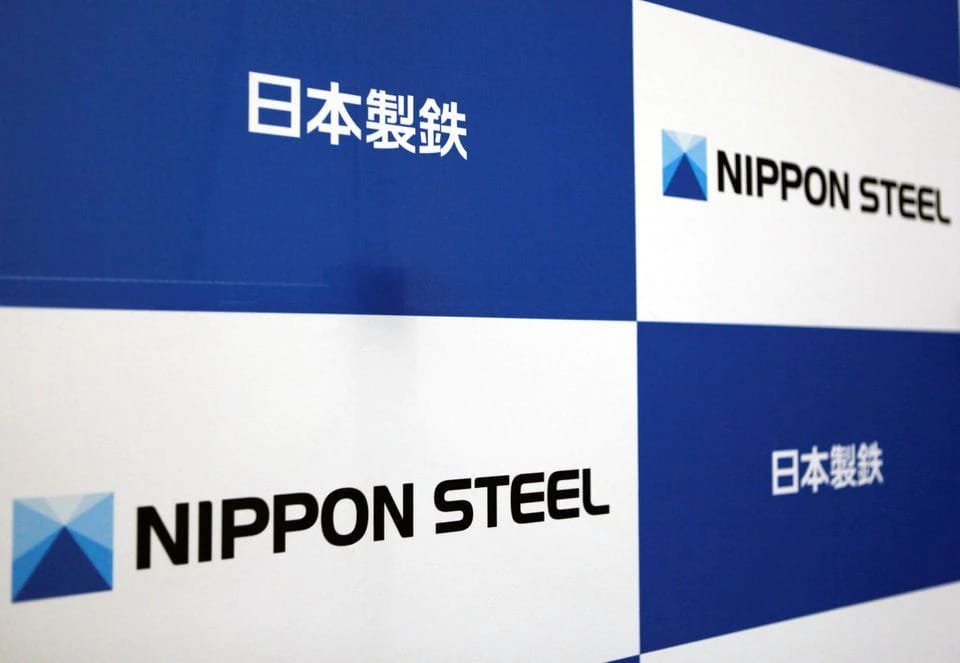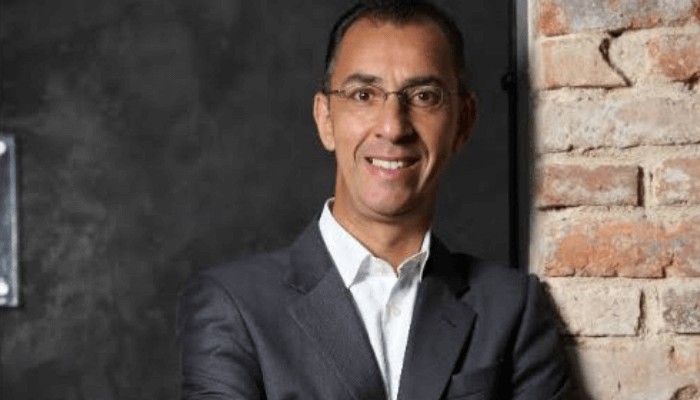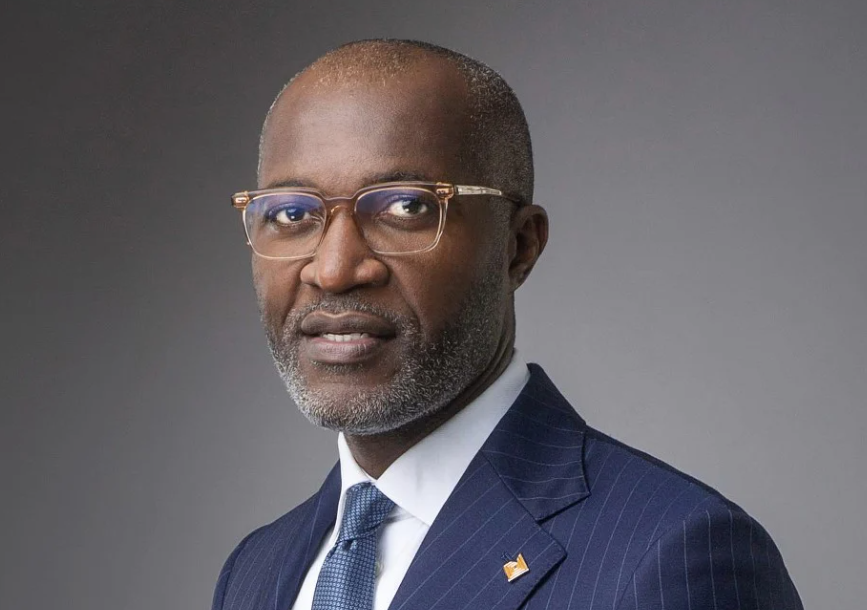
Nippon Steel to start making low-carbon ingredients for green steel
Japan’s Nippon Steel Corp (5401.T) plans to start making low-carbon raw materials, such as “reduced iron” produced using hydrogen, to meet growing demand for so-called green steel, it said on Thursday.
Steel production accounts for about 7% to 9% of global carbon dioxide (CO2) emissions, so efforts to reduce them is one of the key targets in the fight against climate change.
“We will be involved in raw materials as our own business, instead of simply procuring raw materials (such as iron ore and coking coal),” Nippon Steel President Eiji Hashimoto told a news conference.
“To advance decarbonisation, we will need reduced iron. Our company will make it as our new business,” he said, adding that the company would look to invest in projects to make hydrogen-reduced iron with partners.
Reduced iron is produced by removing oxygen from the iron ore to make metallic iron without melting it. Currently, reduced iron is largely produced using natural gas, but steelmakers worldwide are trying to make reduced iron using hydrogen to help to achieve a CO2-free steelmaking process.
Hashimoto said Nippon Steel would be interested in joining an iron ore project that has its own hydrogen plant that produces hydrogen from green electricity,
Hydrogen is considered green when it is produced from renewable power obtained from wind or solar energy and run through an electrolyser.
In the meantime, the world’s No.4 steelmaker will continue to invest in coking coal mines to obtain supplies of one of the main ingredients for steelmaking as new development projects for the coal have been shrinking due to climate change concerns, Hashimoto said.
The company, which owns stakes in several coking mines and iron ore mines, procures about 20% of its annual import of coking coal and iron ore from those holdings.
Hashimoto said coking coal was still needed to ensure steelmaking could continue alongside efforts to decarbonise the process.
“High-quality coking coal is necessary to proceed smoothly with decarbonisation. We want to ensure stable procurement of coking coal by increasing our interests (in mines),” he said.
Source: Reuters




















